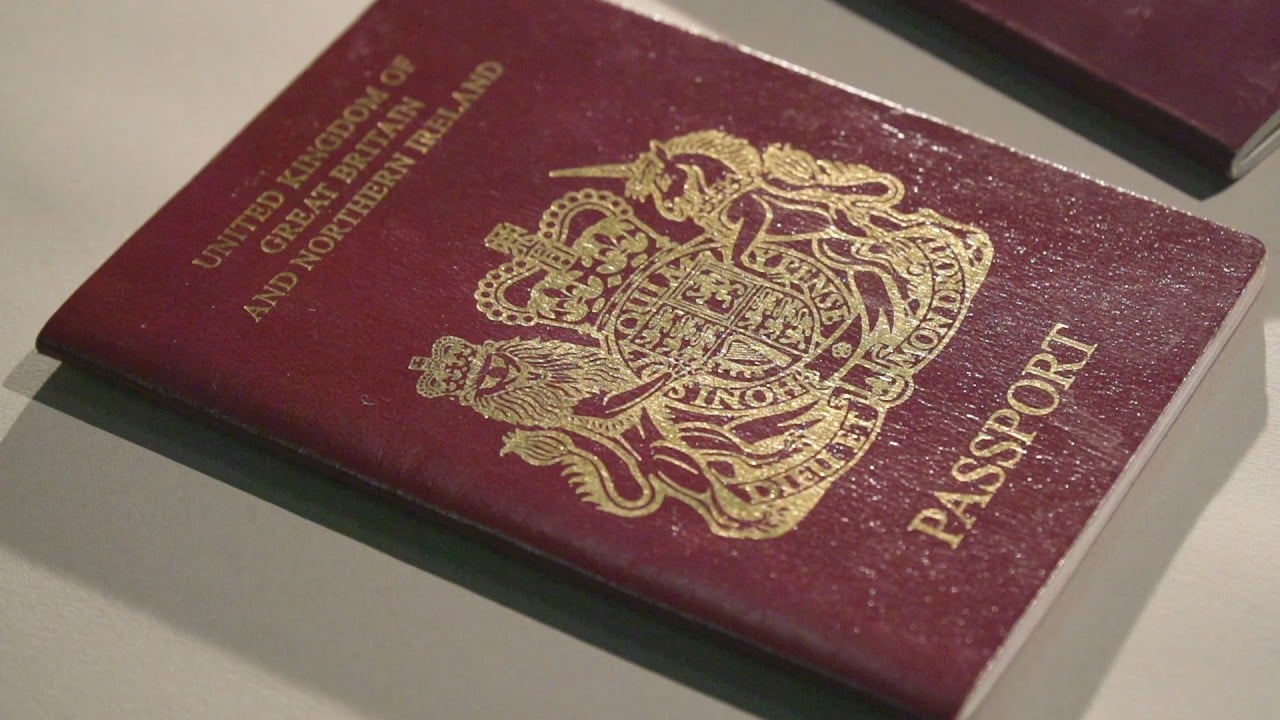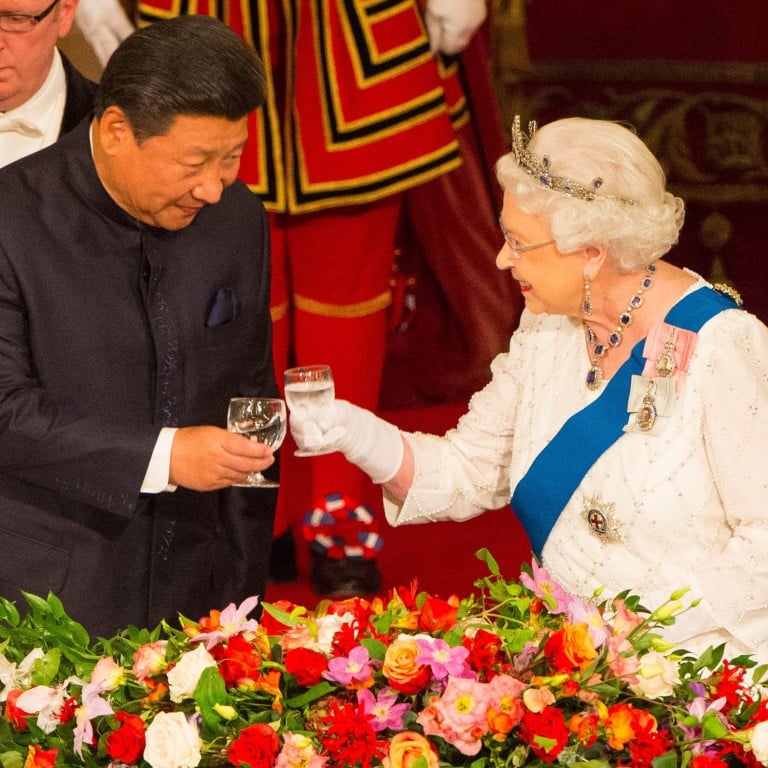
Queen Elizabeth’s death mourned in China as Xi sends condolences to royal family
- Monarch remembered as a witness to turbulent times who experienced the ‘rise and fall’ of UK-China ties
- Social media users recall her new year remarks, elegance and colourful outfits
Premier Li Keqiang also extended his condolences to British Prime Minister Liz Truss.
The queen died on Thursday at the age of 96 at Balmoral Castle in the Scottish Highlands after serving for 70 years. Her enduring presence and charisma carried significant symbolic historic and cultural value as well as in maintaining the continuity and sustainability of bilateral ties with China, according to observers.
Queen Elizabeth is dead. How is Charles taking the throne?
State broadcaster CGTN hailed the queen as “one of the most respected world leaders throughout the last three-quarters of a century” and said her death was a “significant loss for a world desperately trying to cling onto the qualities she embodied – stability and continuity”.
Chinese social media users lamented the end of an era while hailing her as a witness to some of history’s most turbulent times. She was also remembered for her new year remarks, elegance, and as “a sweet old lady in her series of macaroon-coloured outfits”, according to remarks seen on Weibo.
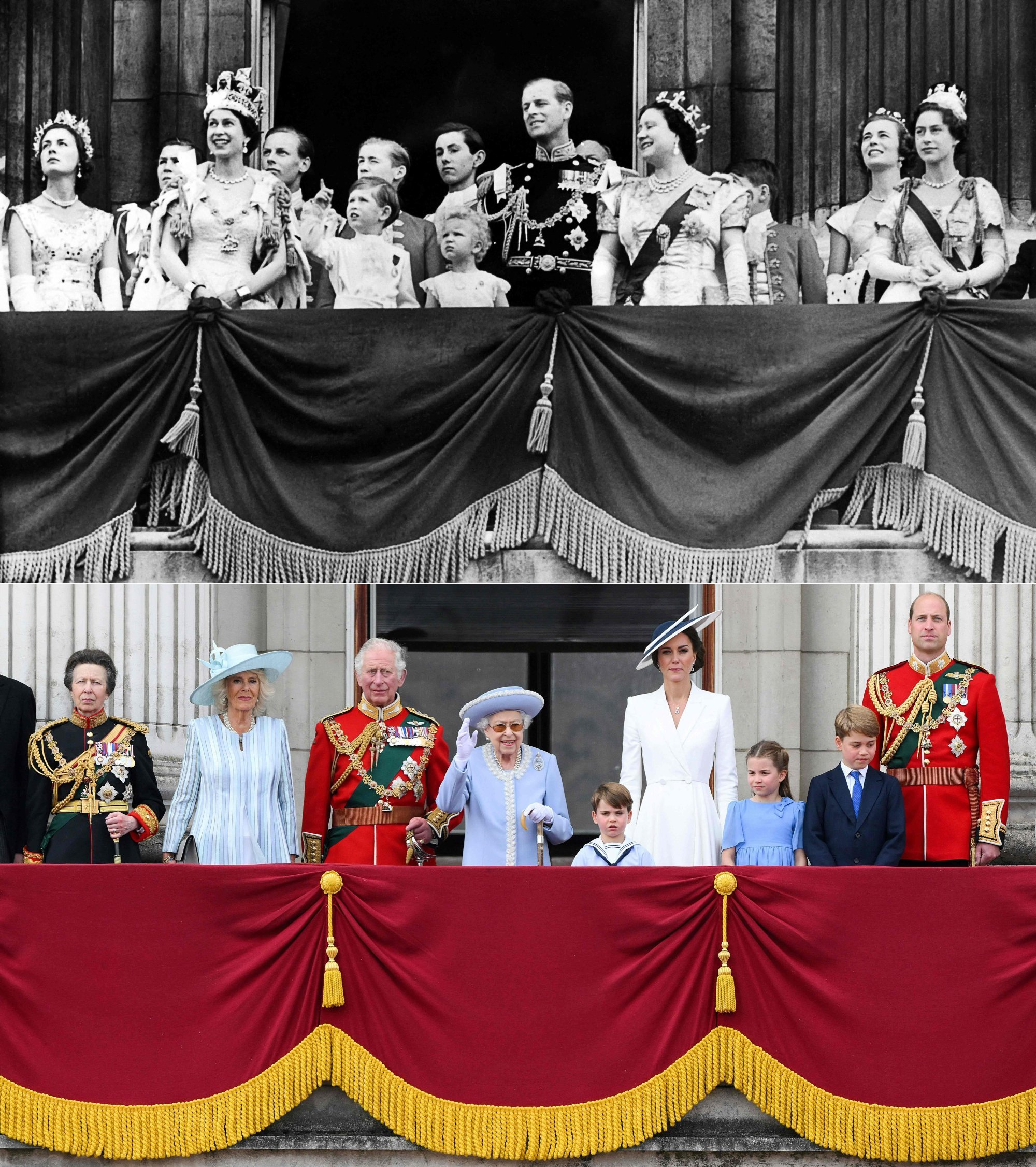
China’s foreign ministry also affirmed the queen’s contribution to promoting Britain’s international ties.
“The queen was the first British monarch to visit China and received multiple Chinese state leaders’ on their visits to Britain. She has made important contributions to promoting the understanding of Chinese and British people and expanding friendly exchanges between the two countries,” ministry spokeswoman Mao Ning said.
“China is willing to work with the British royalty as well as other sectors to work towards continuous development of bilateral ties,” she added.
She was also received by future president Jiang Zemin on the Shanghai leg of the tour, where he was mayor at the time.
The week-long trip, her only visit to mainland China, served as an important milestone, coming two years after the Sino-British Joint Declaration signed in 1984 – a treaty setting the grounds for the transfer of Hong Kong to Chinese rule in July 1997.
“The visit in 1986 felt like another world, a time when China was beginning its reform and opening up and the world was gradually moving out of the Cold War framework. The queen experienced the rise and fall of bilateral ties with China over the past 30-plus years,” Pang said.
“It was a time when bilateral ties were heading towards becoming better.”
Britain’s Queen Elizabeth dead at 96 after 70 years on throne
Queen Elizabeth’s long reign was also marked by the rapid decolonisation of former British territories.
“She was a reassuring presence throughout decades of sweeping change, including the decolonisation of Africa and Asia and the evolution of the Commonwealth,” Antonio Guterres, secretary general of the United Nations, said.
She also visited Hong Kong twice before its handover – the first time 1975 and again in 1986. To this day, numerous places in Hong Kong, including a stadium, hospital and several schools and roads are still named after her.
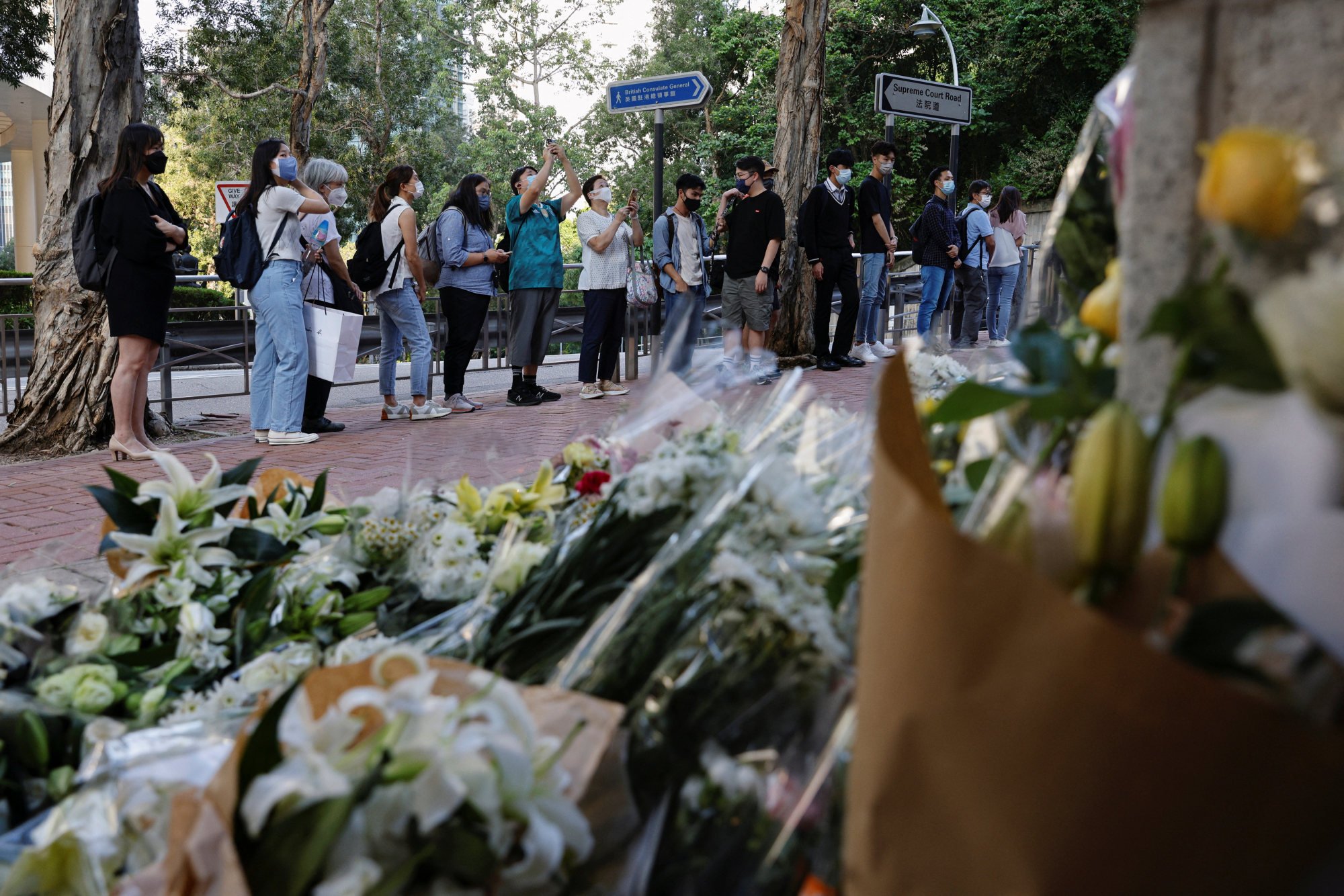
Wang Yiwei, an international relations professor at Renmin University in Beijing, said her trip to China in 1986 following Hong Kong’s handover arrangement had marked a symbolic victory for the Chinese people over colonisation while putting an official end to the painful history of the British invasion.
“The queen represented a transition from imperialism to contemporary Britain. Her friendly visit was seen as a victory by the Chinese people and other countries oppressed by colonisation. It also marked the official end of the British invasion during the opium wars,” Wang said.
The queen was fondly remembered by the Chinese people and the world as she remained a charismatic leader, he added.
“Clips of her visit to China are widely shared on the internet today, featuring her stops at the Terracotta Warriors and the Great Wall. The glorious imperialist past that the queen represented resonated with the Chinese people, with their own history of illustrious dynasties,” Wang recalled.
“Even my son looked forward to her New Year remarks. Her accent and her charm would be forever remembered by the people around the world,” he added.
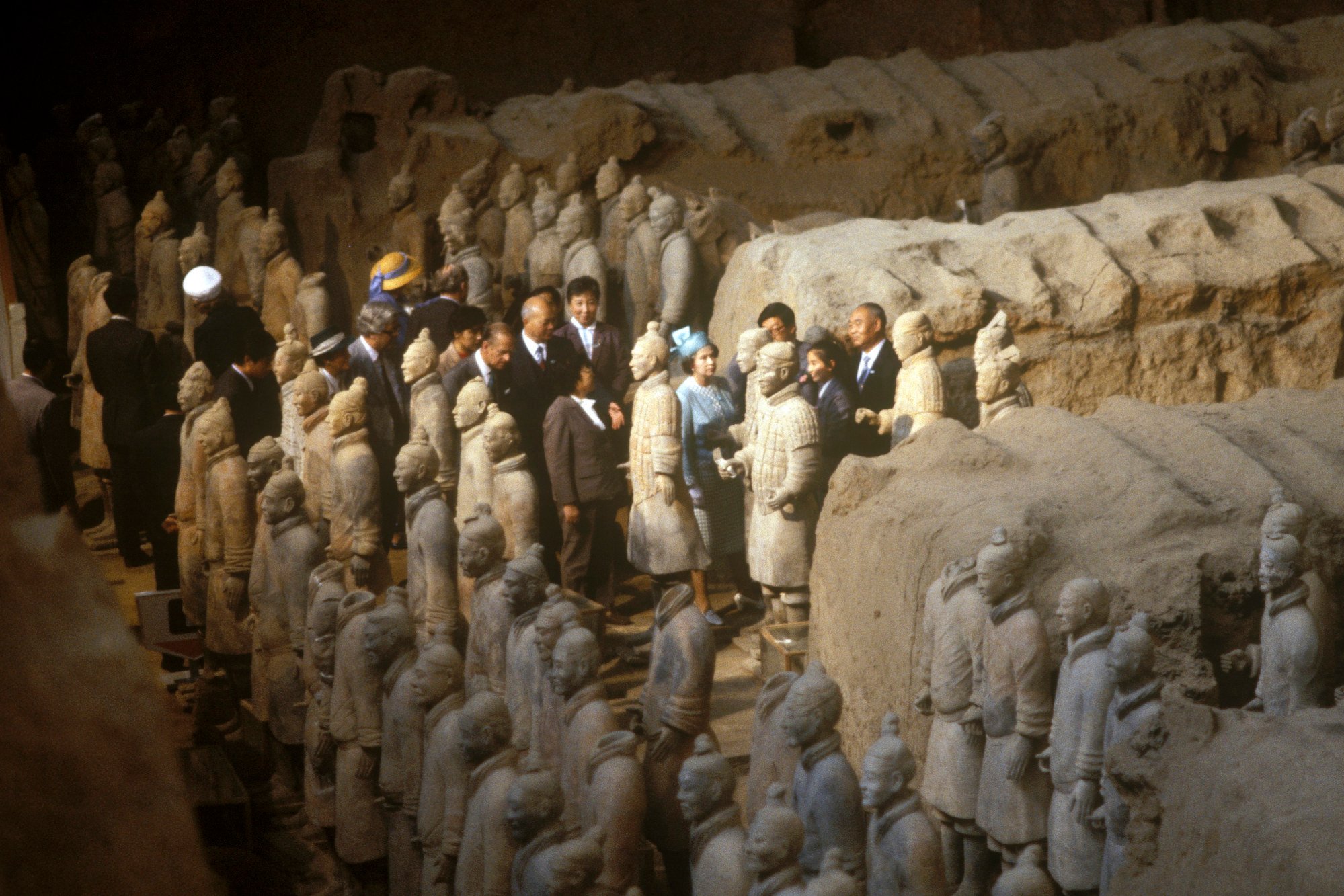
The queen received other Chinese leaders in London, including Jiang in 1999 and his successor Hu Jintao in 2001, before hosting President Xi Jinping and his wife Peng Liyuan at the Buckingham Palace in 2015.
A long line of Chinese premiers also visited the queen – Zhu Rongji in 1998, Wen Jiabao in 2004 and incumbent Li Keqiang in 2014.
The same year, then British prime minister David Cameron also declared a “golden era” in bilateral relations, amid strengthening investment ties with Beijing.
But ties later turned bitter over issues such as China’s human rights record and stance on democracy, despite the close trade links.
The UK has repeatedly criticised the declining political freedoms of Hong Kong since the imposition of the national security law in June 2020, and the alleged human rights abuses against Muslim ethnic minorities in Xinjiang.
Britain offered a special citizenship path for migrants from Hong Kong after the 2019 anti-government protests were followed by the imposition of the national security law.
Truss, whom the queen formally appointed two days before her passing, is expected to maintain her country’s hawkish stance towards China and the city of Hong Kong.
In February, President Xi sent a congratulatory message to the queen on her platinum jubilee while marking the 50th anniversary of the establishment of bilateral ambassadorial diplomatic ties. Xi also said the queen had long cared about and supported friendship between the two countries and was a witness and promoter of the development of bilateral ties.
The same month, Xi had also sent a message of sympathy to the queen over her Covid-19 infection and wished her a speedy recovery.


